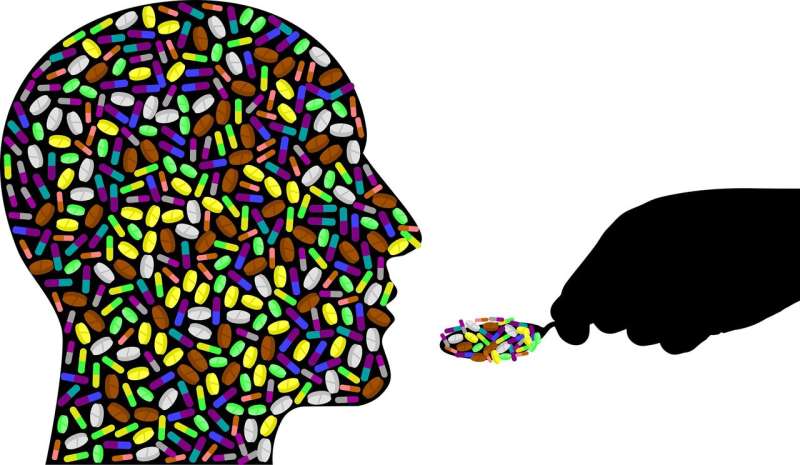Do mandatory prescription drug monitoring programs effectively reduce opioid sales?

Prescription drug monitoring programs (PDMPs) have emerged as state‐level interventions intended to curb opioid abuse and over‐prescription. While some states have voluntary PDMPs, others have enacted mandatory or "must-access" programs in which authorized individuals must consult the PDMP before prescribing certain controlled substances. An analysis published in Contemporary Economic Policy reveals that must‐access PDMP implementation does not uniformly reduce prescription retail opioid sales across eight commonly prescribed opioids.
Must-access PDMP implementation had no statistically significant effect on the retail sales of the treatment drugs methadone and buprenorphine.
The findings suggest that PDMP implementation is best considered as part of a broader policy response to the opioid crisis.
"The United States opioid epidemic is a complex problem. These results suggest that must-access PDMP implementation alone cannot fully address the public health issues associated with this ongoing public health crisis," said corresponding author Collin Hodges, Ph.D., of the University of Central Arkansas.
More information: Shishir Shakya et al, Must‐access prescription drug monitoring programs and retail opioid sales, Contemporary Economic Policy (2022). DOI: 10.1111/coep.12586


















